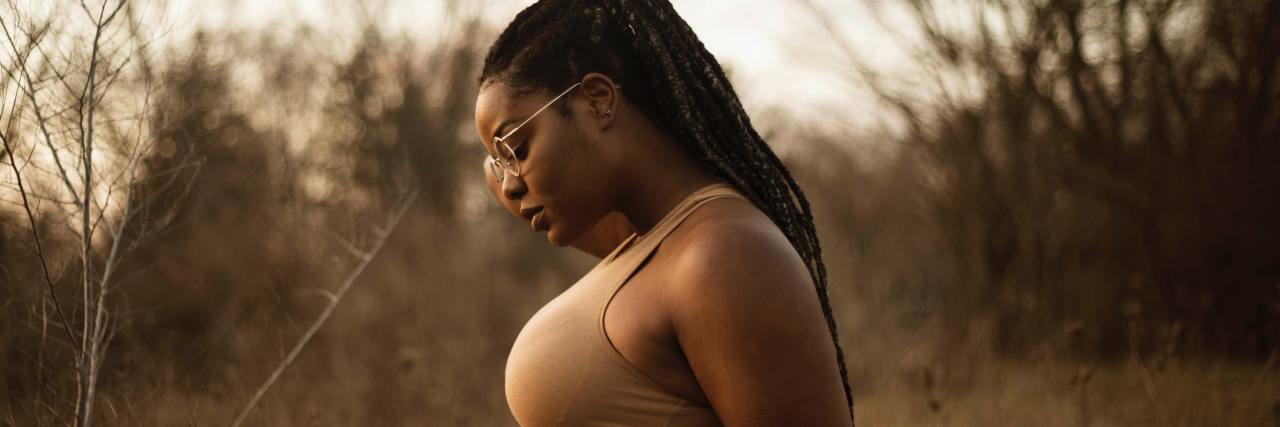Being black is hard.
Being black and having mental health issues is damn near impossible.
Within the black community, mental health issues are these myth-like ideas like the Loch Ness Monster or Bigfoot — these really scary things that have only been witnessed by a rare few but nothing that could actually be believed to occur realistically. Illnesses like depression, anxiety, bipolar disorder, post-traumatic stress disorder (PTSD) and so on are looked upon as these white-specific plagues that black folks are just completely immune to. Historically, no matter how severe the trauma, black people have always kept trucking along with a deep sense of religious faith and spirituality, never really acknowledging the emotional and mental repercussions of oppression we’ve endured.
Ironically, with a holocaust-like slavery, then social and economic persecution for another two centuries, you would think we would be more open-minded to addressing our mental health issues. Instead, you just get a cool or funny nickname like “Twitch” or “Crazy Joe” to simplify your mental and emotional deficiencies and if you complain, told to pray more and ask Jesus for help. In our attempt to define blackness, we have set parameters that say we cannot address our mental and emotional struggles in medicinal and non-medicinal ways.
As a queer black woman struggling with anxiety and depression, I am definitely an outlier to those “black” parameters. Growing up, I was often teased for not being “black enough” because I was too nervous, sensitive and introverted. However, when I got older, I was made to put on that “strong black superwoman” cape the majority of black women inherit from our dynamic mothers, grandmothers and aunts and mimic their “can’t stop, won’t stop, rise n’ grind, never surrender” mentality. On top of anxiety and perfectionism, this was not the best philosophy for me to follow.
As a result, over the years I struggled with severe anxiety and depression but I always believed those dark feelings meant I needed to mentally work harder to overcome the vulnerability that was making me “weak.” I would reach out to my family and be told things like “You just need to relax;” “Trust in God;” “You need to find a church home;” or “It’s not that serious.” In my most recent episode of depression, I had to force myself through the day and I seriously contemplated ending my life every day for over three months. There was a profound heaviness I felt and the strength and toughness I had been taught were just not enough to carry me through what felt like was a deadening of my spirit. I decided to start taking antidepressants because mindfulness and therapy were no longer enough. Outside of taking antidepressants, seeing a therapist, identifying as queer, dating a white woman and my agnosticism, I had already had my “black card” revoked and considered an “Oreo.”
However, the medication cleared the fog in my mind and lightened the heaviness in my heart and helped my soul rise to the surface again. I felt like I had been resurrected. I realized there is nothing “less black” about having or acknowledging mental health issues and prioritizing self-care. I know there are people who will argue with me but in reality, there is nothing that makes you more or less black, especially addressing your health. It is almost like blackness and mental health are treated as mutually exclusive events. In the media, black women are especially portrayed as these pillars of strength who are naturally built to endure horrendous environments and recurring personal tragedies. Suffering for Black Americans has been normalized so much so that we have embraced pain and hardships as a part of an authentic black experience but it is our perception of strength that disconnects us from our humanness.
Mental health issues are not ethnic or color specific occurrences that only impact people who look a certain way. They are very much human things. There is already a stigma about mental health, but there is a double standard faced by those who are already from marginalized communities.
In the end, no matter your intersection of identities, you are still human before anything else and your health comes first.
Photo by Jessica Felicio on Unsplash

